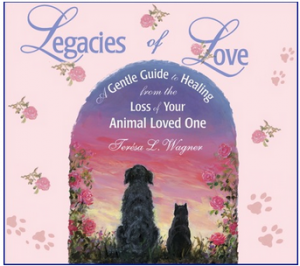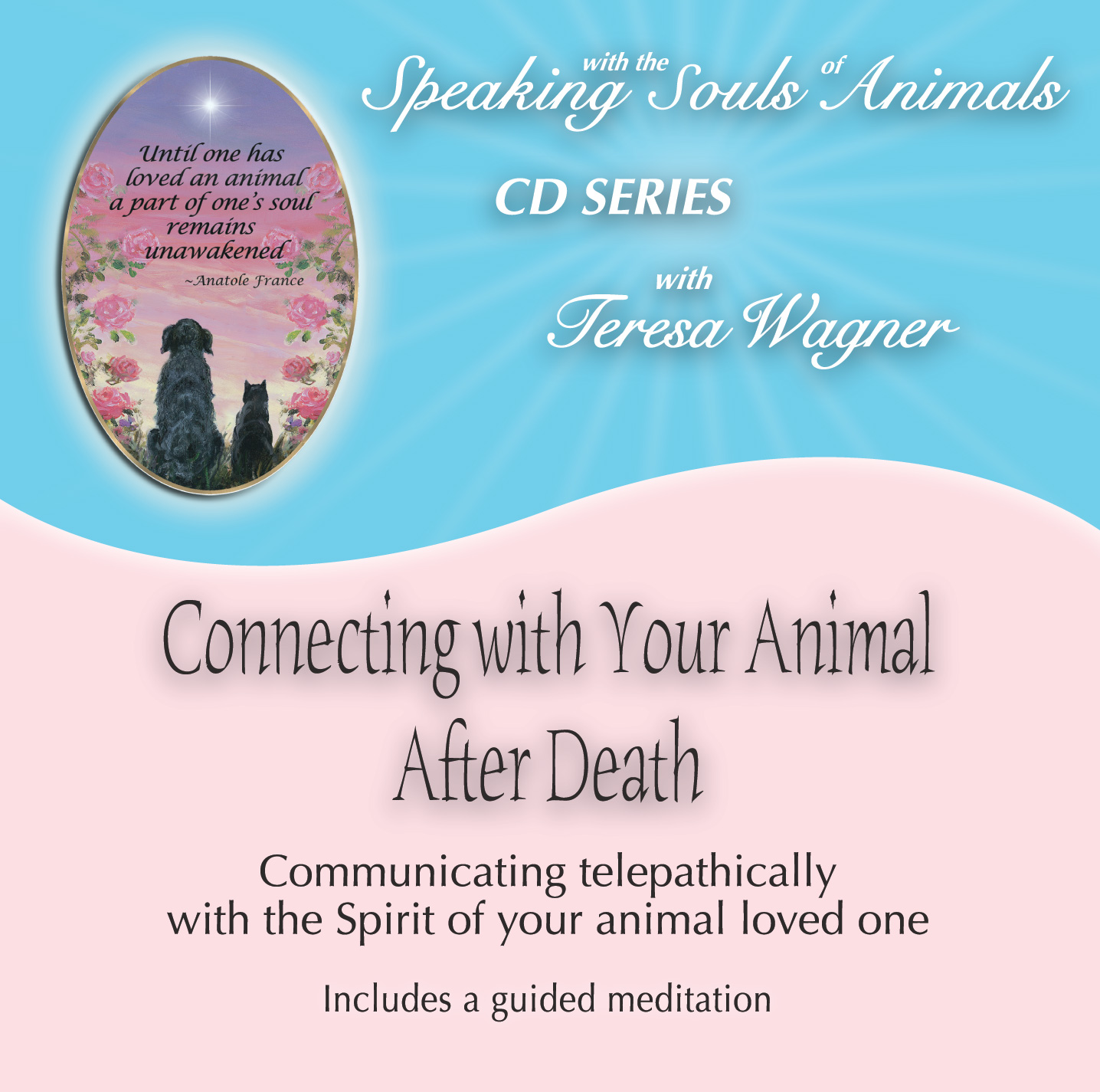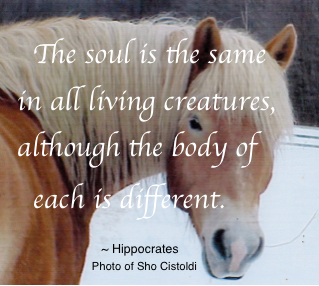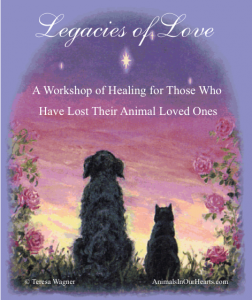When we work with a counselor about the devastating loss of a loved one, we deserve to feel cared about, that we are in the hands of someone who is compassionate with us, non-judgmental, knowledgeable about grief, and is trained and skilled as a counselor.
The values and ethics of counselors, their openness to diverse beliefs, their education and training and their ability to help you with tender empathy and skill are all important factors in choosing the best possible grief counselor to help you when you’ve lost a beloved animal.
In most communities, or on line, it is fairly easy to find a counselor. More importantly than simply finding a counselor, however, is choosing a counselor based on criteria valued by you. Doing so can help prevent the heartache and disappointment of having a session with someone who is not in alignment with your values about animals, may not respect the role of animals in your life, may intentionally or otherwise impose their beliefs, or may be lacking in professional ethics or even basic counseling skills. Before committing to a first session with counselors, it can be quite beneficial to do a bit of research on their background, training, experience and values—from referral sources, their web site, Facebook, LinkedIn, etc. to help you get a feel for whether working with this person is an appropriate fit for you. Some counselors intentionally provide detailed information on their education, training, experience and values on their web sites for this very purpose–to help potential clients determine if working together is a good match. If you cannot find enough information about them on line, contact them by phone or email to request a brief response to questions to help you determine whether working together is the right fit. (If the person you are considering does have a web site, be sure to take time to see if your questions may be answered there.)
For such a conversation or email, create screening questions based on criteria that is important to you. The suggested criteria list below is offered to help you clarify what is important to you. Perhaps this list is identical or close to what is important to you; perhaps it is quite different. What matters is that you clarify what you need and want, and screen and choose a counselor based on that.
If you are in a place with your grief process that makes it challenging for you to find the energy to do this, consider talking with a close friend or family member to tell them what is important for you in a counselor and ask if they might kindly handle the search and screening process for you. Many times, there are people around us who would love to feel useful in supporting us in some practical way as we are grieving. Perhaps this is a task someone would be happy to do for you.
Suggested criteria to consider in a grief counselor when you have lost your animal loved one:
Accepts (better yet, shares) your values about animals, and does not impose their own values onto clients.
There are some mental health professionals who believe that loving an animal as much as humans is not healthy, seeing it as an inappropriate “attachment object.” Sadly, there are also some who believe the reason we grieve so deeply is because we love our animals “too much” and should be spending our life energy searching for human love, not “squandering” it on animals. I’ve heard stories over the years from clients who’ve worked with therapists who would kindly listen for a time about their intense grief about the loss of their beloved animal, then say something like, “But you know this deep grief is really about your father/mother/spouse/best friend who died, not your cat. It’s the loss of this person that is really the issue you need to focus on and heal. Your cat dying has just brought up your unresolved grief about the person.” While it’s true that any loss—of a beloved animal or person—can trigger unresolved grief from past losses, and when it does a good counselor will notice that and help their client deal with that, to assume that the loss of a beloved animal is not in itself a significant loss when a client has described that it is, is unconscionable. A counselor with such a belief sends a message to the client that it is not appropriate or even possible to grieve for an animal as much as a person, that the loss of the client’s beloved animal is meaningless, and not even worth the counselor’s time to deal with and unnecessary for the client to deal with. In my experience this is an atypical stance for therapists, but it does happen. Thus, the encouragement to screen for this.
If you love animals on an equal par with humans, you won’t be helped by a counselor with values and beliefs about animals that are contrary to yours, or who doesn’t accept yours. You could be harmed. At the least, you may find such imposed beliefs offensive, and have to waste energy on processing your anger about it. You might also be frustrated about having to spend more energy to find a new, open-minded counselor. At worst, in your vulnerable state of grief, looking up to the counselor in an “expert” role, you may be influenced to believe what the counselor says as true, however contrary what they say may be to what you know in your heart to be true. This temptation to discount and discredit what has been truth for us about our love for our animals and the depth of our relationship, due to the influence of a counselor, can create a deeply unhealthy conflict within us. We can’t heal the pain of grief if we delegate what we should believe to another person, if we deny the truth within us.
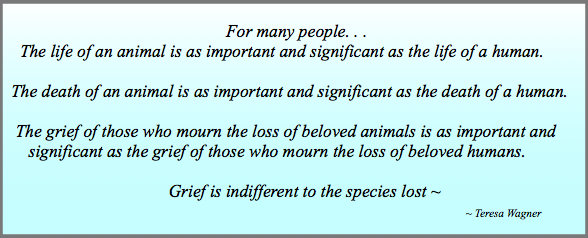
This is why it is so important to screen potential counselors regarding their values about animals and our human relationship with animals. Staying with a counselor who attempts to impose beliefs onto us which are contrary to our own, means that we accept their message of: It’s not OK for you to love animals the way you do. It’s not normal and therefore neither is your grief.
Don’t let any counselor, ever, ever push you—however gently or authoritatively—into believing that you should not love animals as much as you do, or that you should not be grieving for an animal as much as you do. If they try, know you are with the wrong counselor. You’ll do best for yourself and your healing process if you politely stand up (or hang up), leave and never go back, and find a counselor whose values about animals are aligned with yours.
Before scheduling a counseling session, check the web site of potential counselors very carefully, or ask them in an email or verbal conversation to briefly describe their values about the human-animal bond, and their opinion about humans loving animals as much as humans. You will learn a great deal in just a few minutes about whether your own values about animals are likely to be supported and honored, or belittled and dishonored in a counseling relationship with this person. Counselors and therapists who aren’t conscious about the value of animals on earth, and the depth of the loving bond many of us have with animals, are certainly not necessarily bad counselors because of this, but they are definitely not effective counselors for people whose consciousness about animals is quite different from theirs.
Accepts and is comfortable with your spiritual beliefs, any healing activities you may engage in beyond traditional psychological counseling, and does not impose their own beliefs onto clients
It’s extremely important that we not feel judged in a counseling relationship. It should be a relationship in which we feel safe and completely accepted for all of who we are, for all of what we feel, believe and all the choices we have made. Whether we believe in the Rainbow Bridge or reincarnation, whether we are Christian, Buddhist, Hindu, Jewish or agnostic should not matter to our counselor. The best of counselors, however, may have conscious or unconscious biases that can filter their approaches in helping us.
For instance, a counselor with traditional psychological training who has had no exposure to holistic healing philosophies and techniques—or who has had exposure to them but is adamantly opposed to them—may hold a prejudice against intuitively derived information about pet loss, and may belittle a client’s participation in holistic healing activities such as animal communication, flower essences, energy healing, or believing in past lives or reincarnation. Thankfully, a growing number of therapists are very open to and even refer to and include healing arts tools in their work. An ethical therapist will be supportive of your spiritual beliefs and any holistic tools you may include in your healing process.
A different example is the tendency of some new age healing practitioners, whose training in metaphysical techniques typically does not include any counseling skills training, to impose their beliefs and tools about healing onto clients. New age practitioners’ work often focuses exclusively on spiritual/metaphysical concepts, ignoring the need for the basic psychological support of empathic listening, and the empowering support of helping clients clarify their own beliefs and make their own healing tool choices. An ethical new age healing practitioner will not impose their beliefs, techniques and tools onto clients as if they alone know what is needed for the client, or as if their favorite tools and techniques are one size fits all that can help all clients, but will instead empathically listen to their clients, work with them and empower them to choose which techniques work for them.
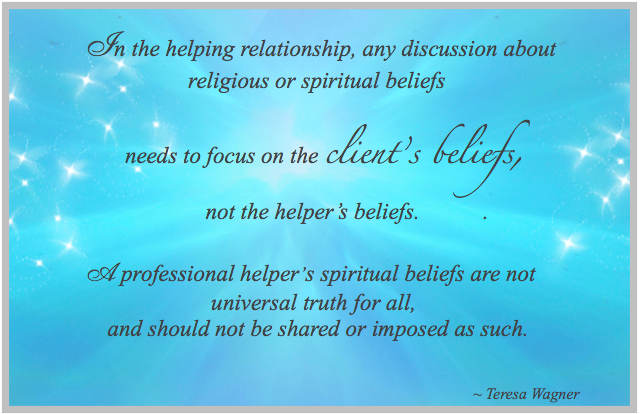
If your spiritual beliefs or practices are important to you, especially if they are an integral part of your relationship with your animal or your loss, briefly describe these to a potential counselor and ask him or her to comment about them. You need to know that your paradigms of healing and spirituality will be fully accepted and honored by a counselor you pay to help you.
Professional training in grief support
In the counseling field, working with people who are grieving is a specialty. If your animal is seriously ill with cancer, you would likely want to have the help of a veterinary oncologist. If your animal has a serious eye condition, you would likely want the help of a veterinary ophthalmologist. It is the same with grief and pet loss. You deserve to have the help of someone with specialized training in pet loss.
There is a wide variety of quality in pet loss support training programs. Some provide an overview of the grief process, some provide a deepened awareness and sensitivity to pet loss, but not all provide in-depth counseling skills training. It’s important in your screening process to find out about the counselor’s training and education with loss and grief, especially as it relates to losing animals. Find out the depth of that training: Was it an introductory class of 2-12 hours based on one book? Or more in-depth training involving 50 hours or more of numerous classes specific to animal loss and grief based on a broad range of research and books? Did the counselor receive mentoring and professionally (as opposed to peer) supervised practice sessions?
Professional training in counseling
Not all people or organizations who provide pet loss services have adequate training or education in counseling. They may understand and care about your loss of an animal very much, but may not have the corresponding professional training and skills to effectively help you through your grief process.
Find out about a counselor’s education and training in counseling: Was counseling their major in undergraduate or graduate school? If not, what training programs did they complete in counseling apart from university training? What was the depth of that training: An introductory class of a few hours? More in-depth training involving numerous classes based on a broad range of research and books in counseling psychology? Did the counselor receive mentoring and supervised practice sessions?
If someone providing pet loss counseling does not have a graduate degree in counseling, they should have comprehensive counseling training including several courses of 50 hours or more, professionally (opposed to peer) supervised practice sessions, significant hours of professional one-on-one mentoring and professionally reviewed case studies.
Perceptions and experiences of other clients
Read testimonials on the counselor’s web site, on social media, etc. to get a sense of others’ experiences with this counselor. If you’ve been referred to this counselor by someone who has worked with them, ask a lot of questions: How did they feel they were treated? Was the counselor a good listener? Did they understand the depth of your love for your animal? How helpful did they find the grief counseling overall?
Fees
Of course, the counselor’s fees must be affordable to you. Most counselors base their fees on factors such as the depth of their training, their years of experience in their field, the current market range for fees for their service, and the cost of living in their area (i.e. someone in a small town with a low cost of living can afford to charge far less than someone living in a very high cost of living area where what they charge needs to be aligned with what it costs to live in that area).
If you find a counselor you really like, but their fees are beyond your budget:
Ask if they have a sliding scale, or whether they offer discounts for scheduling more than one session.
You might also consider asking a friend or family member who wants to help you through your grief if they might sponsor all or part of the counseling fees as a gift of support.
If counseling is simply unaffordable, you may want to consider receiving guidance and support through an on demand workshop on pet loss which would cost less than one counseling session, yet still provide you with comprehensive, loving help for your loss and your pain.
Sample questions to ask potential counselors:
• Regarding counselor’s beliefs about human-animal bond:
Could you briefly describe to me your own beliefs about the human-animal bond? It’s important to me that I work with a counselor who accepts my values about this.
Then briefly describe your values. Example:
My animals are family member to me—as important to me as the humans I love. Currently, I am grieving the loss of my dog and it’s as devastating to me as when my mother died. Is this something you can accept and support as normal?
If you personally agree with the statements in the graphic below, you may want to send them to the counselor and ask them the degree to which they agree or disagree with these statements. Alternately, of course, consider sending them your own statements about your values about animals and animal loss and ask for their reaction to it.
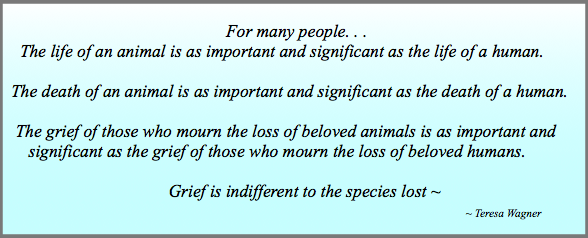
• Regarding counselor’s training:
Could you kindly describe your education and training in counseling, grief and pet loss, including where you trained?
Once you have the name of the organization where they trained, you can easily research it to determine the quality and extent of the training.
• Regarding counselor’s ability to respect and support your spiritual or religious beliefs:
If you have any strong spiritual or religious beliefs, especially as they may relate to animals and your grief and healing process, be sure to describe these and ask counselors if this is something they can accept, respect and support. Examples:
I am a devout Christian and believe it is wrong for me to try to communicate with spirits in heaven. I see that you do animal communication in addition to counseling. Can you assure me that this will not be part of our work together if I schedule an appointment for grief counseling?
I believe that my horse was with me in another life, and this is a big part of my healing from my loss. Is my belief in past lives and reincarnation something you can respect and support if I work with you?
I work with an animal communicator to help me communicate with my animal on the other side, and want to be sure that this is something that would not be discounted or judged if we work together. How do you feel about animal communication?
An important note about boundaries when screening counselors, whether by phone, email or social media:
When our hearts are breaking, it’s understandable that when we are first in contact with a grief counselor we may want to just pour out all of our feelings and the details of our story. This is natural and healthy—after all, such sharing is a critical part of what counseling is about. However, it’s important to remember that the screening process is separate from the counseling process.
During your important screening process to find the right counselor, stay focused on gathering the information you need as you consider working with this person. If you cannot find the information you need on their web site and you contact them by phone or email, provide a few sentences about your loss and overall situation, followed by your screening questions. This would be more than adequate for counselors to understand your overall situation and to answer your questions.
Be careful to not expect a counselor to provide a counseling session during the screening process, or expect them to respond in-depth to the story of your loss before you decide to work with them. Just as we wouldn’t expect a veterinarian to provide us with a free teeth cleaning for our animal before we decide if we want to work with them as our veterinarian before we schedule further appointments, it’s important to not expect a grief counselor to provide us with a counseling session as we are screening them.
Sample questions to ask yourself during and/or after screening a counselor:
As you are going through the screening process of potential counselors (whether via reading web sites or having conversations via phone or email) and afterwards as you reflect on the information, ask yourself:
• Do I get the impression that this person would be caring, compassionate understanding and kind to me in counseling?
• What facts have I learned that give me confidence in this person as a competent pet loss counselor? Or make me have doubts?
• To what extent does this counselor meet my criteria for the right counselor for me?
• What does my intuition (or my gut, or my heart) tell me about whether this person is a good fit for me? How comfortable do I feel about them?
In Summary. . .
What is most important is having a skilled counselor who also deeply cares, understands and who will not attempt to pacify us with platitudes or impose their own religious, spiritual or new age beliefs about how we are supposed to view animals, our loss, or how we are supposed to heal.
Having such a compassionate, skilled, unconditionally loving witness to our story of loss and our various feelings of grief can make an enormous difference in how well we heal and come closer to finding peace.

Resources
Recommended counselors for animal loss who will work by telephone:
The following counselors are recommended for their empathy-based approach, first hand experience of loving and losing animals, and training and expertise as counselors. They meet the criteria of counselors who accept animals as equal family members, accept diverse spiritual beliefs about death and afterlife for animals, and support holistic healing choices–and all healing modalities–in which their clients may be involved. They are available to work with you by phone. Please contact them directly for their rates and availability.
Deborah Antinori, MA 908-766-0110 dantinori@gmail.com
Sherry Nelson, LCSW 847-864-3730 sgn920@mac.com
Teresa Wagner, MS 831-236-4080 http://animalsinourhearts.com/consultations/types-of-consultations/grief-counseling.html
You may want to get a referral from Teresa for a grief support practitioner trained in her Animal Loss and Grief Support Certification Program.
Other Places to find a grief counselor:
Contact your local animal shelter and ask for referrals. Many local animal shelters offer support groups and the facilitators of these groups sometimes also offer private counseling or may know of people who do.
Contact your local hospice. They are likely to know grief counselors in your community.

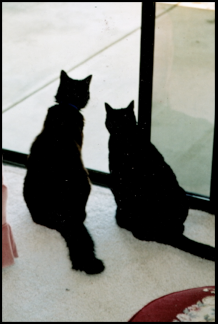

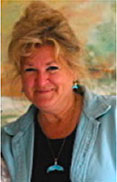 Thank you for visiting my blog. It is a place for me to share stories from and about animals, love, loss and healing. The articles are primarily written by me, but some are from my colleagues who have graciously allowed me to share their words here.
Thank you for visiting my blog. It is a place for me to share stories from and about animals, love, loss and healing. The articles are primarily written by me, but some are from my colleagues who have graciously allowed me to share their words here. 